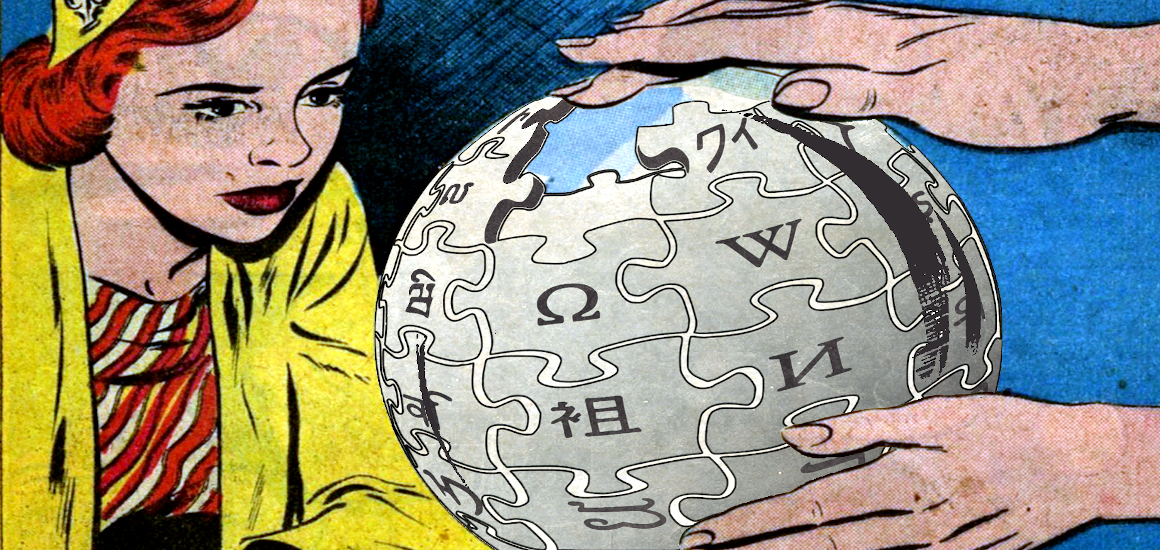You are probably aware that I am rather passionate about the uses and abuses of online content as a source of information and misinformation. The ability for the internet to completely distort and manipulate our view of the world is immense and so far isn’t taken seriously enough – particularly by the media operations that still use the internet for fact-checking.

